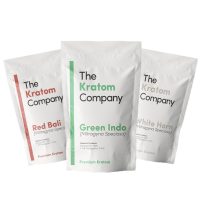Home » New Kratom Research Grant and Why The FDA Still Won’t Study This Plant

New Kratom Research Grant and Why The FDA Still Won’t Study This Plant
- Anthony Dent, Founding Member
- No Comments
Kratom, a Southeast Asian plant, is once again in the spotlight due to its potential role in tackling supporting a number of health and wellness issues. Despite its promise, the U.S. Food and Drug Administration (FDA) remains hesitant to officially study this plant. However, the awarding of a $650,000 kratom research grant from the USDA to the University of Florida is a significant milestone toward learning more about kratom and highlights the urgent need to explore kratom’s medicinal potential.
Here are some insights into the new grant and why the FDA won’t study kratom:
The Significance of the Kratom Research Grant
The USDA’s research grant represents a critical step in understanding kratom’s complex bioactive compounds. The University of Florida’s research team, led by Satya Swathi Nadakuduti, focuses on unraveling the plant’s ability to produce compounds like monoterpene indole alkaloids. These compounds, particularly mitragynine, have shown promise in a number of high-profile health concerns.
This study could revolutionize the pharmaceutical landscape, offering much-needed botanical options. By mapping kratom’s genetic framework, researchers anticipate harnessing its potential therapeutic properties in consistent, reliable forms—a feat crucial to its acceptance in mainstream medicine. Thanks to the kratom research grant, kratom enthusiasts around the world stand to gain substantially from the insights, leading to a broader understanding of kratom products, including the various kratom extracts, powders, and capsules available.
FDA’s Withdrawal from Kratom Study
In a surprising development, the FDA recently withdrew a proposed study focused on kratom, citing unspecified changes in the research’s scope. This decision underscores ongoing tensions between federal authorities and kratom advocates, who argue for an unbiased exploration of the plant’s benefits highlighted by the kratom research grant team. The American Kratom Association views the FDA’s move as a missed opportunity to scientifically validate kratom’s benefits, further complicating its regulatory journey.
However, the FDA’s withdrawal does spark questions about broader attitudes toward natural substances in medicine. It raises serious dialogue about the balance between safety concerns and the exploration of non-traditional remedies, a theme resonating across integrative medicine practices worldwide. Products such as kratom powder for sale illustrate a growing demand and curiosity among consumers.
Why the FDA Remains Hesitant
The FDA’s stand largely arises from the variability in kratom’s alkaloid content and the lack of standardized quality controls. These inconsistencies fuel safety concerns, particularly when kratom is sold without proper labeling or quality assurance. This issue underscores the necessity for rigorous scientific scrutiny, supported by initiatives like the kratom research grant and consumer education about kratom’s properties and potential risks.
Additionally, historical misunderstandings of kratom’s pharmacological profile have led to its misclassification. This categorization disregards kratom’s distinct functionalities, which are fundamentally non-psychotropic and more aligned with mild ethnobotanical plants. Reevaluating these misclassifications could pave the way for more informed and balanced regulatory frameworks, a key aim of the research grant.
The Call for Balanced Regulation
Balanced regulation remains crucial to kratom’s future. Advocates argue for the establishment of comprehensive safety standards and age restrictions to prevent misuse and ensure consumer protection, such as those pushed by the Kratom Consumer Protection Act (KCPA). As discussions advance, it becomes clear that kratom’s regulatory landscape must evolve to reflect its unique properties and broadening usage, guided by findings from the kratom research grant and other studies.
Public opinion is split. Enthusiasts emphasize kratom’s health benefits, while skeptics point to potential risks. Bridging the gap requires ongoing dialogue and research to inform safe regulatory measures and the mainstream acceptance of kratom as a legitimate therapeutic and well-being alternative.
The Role of Interdisciplinary Research
The interdisciplinary approach undertaken by the University of Florida’s team marks a holistic path to unlocking kratom’s full potential. By integrating expertise from fields such as medicinal chemistry, bioinformatics, and biochemistry, the research promises to overcome existing knowledge gaps. This collaboration, propelled by the kratom research grant, could yield groundbreaking insights capable of transforming kratom from an herbal enigma into a medically validated treatment option.
By understanding kratom’s genetic and biochemical processes, researchers strive for pharmaceutical innovation that respects traditional knowledge and modern science. The future of kratom lies not only in its traditional origins but in its scientific exploration and adaptation, driven by more studies.
What the Future Holds
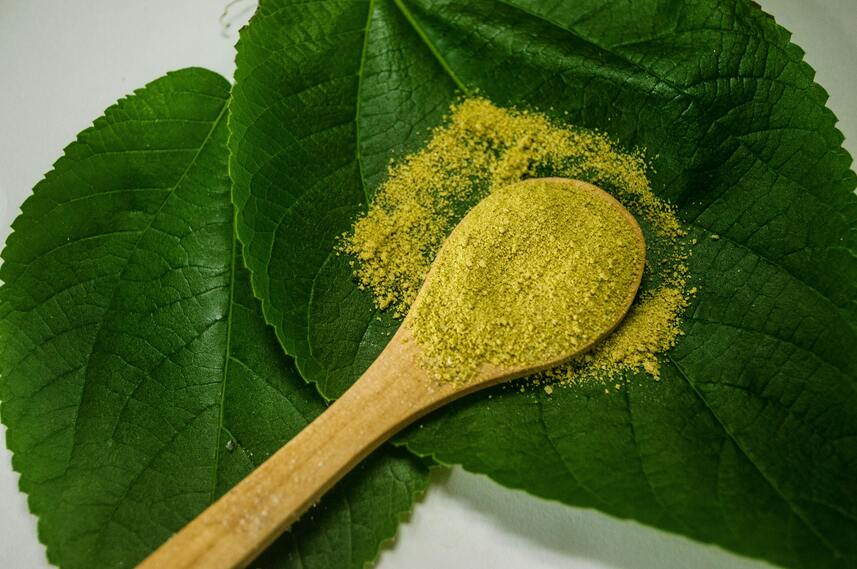
The kratom research grant signifies progress toward understanding this complex plant. However, without full engagement from regulatory bodies like the FDA, kratom’s path to acceptance among the wider population remains challenging. This doesn’t mean that it’s not widely used. In fact, the FDA estimates that 1.7 million people in the U.S. use kratom, whereas the American Kratom Association reported in 2023 that over 15 million Americans use this botanical.
Constructive collaboration among scientists, policymakers, and stakeholders is crucial to navigating the multifaceted issues surrounding kratom effectively. As research evolves, so too does our understanding of kratom’s place in health and wellness. Its potential to redefine treatment approaches for various health issues highlights the importance of embracing innovation while ensuring rigorous safety and quality standards. The potential discoveries from the kratom research grant hold promise for a future where kratom is integrated thoughtfully into therapeutic practices.
Learn More About Kratom
If you’re passionate about kratom or eager to explore its potential, staying updated is crucial. The evolving landscape of kratom includes new regulations and studies emerging across the United States, thanks in part to advocacy initiatives. Want to learn more? The Kratom Company is your go-to source for updates on kratom news, including regulatory changes and scientific advancements. Through our blog posts, you gain insights into this dynamic field. Apart from the latest updates, we also offer high-quality kratom products, including powders, capsules, and extracts.
Our kratom products promise consistency and quality, meeting diverse needs and preferences. By engaging with us, you’re not just purchasing products—you’re joining a community dedicated to informed and responsible kratom use, inspired by potential developments from the new kratom research grant and other studies. Buy kratom online and connect with the kratom community, ensuring you remain informed and prepared in this ever-changing field.
Featured Products
-
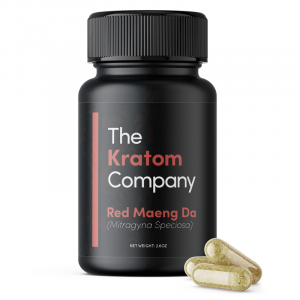 From $24.00Select options This product has multiple variants. The options may be chosen on the product page
From $24.00Select options This product has multiple variants. The options may be chosen on the product page -
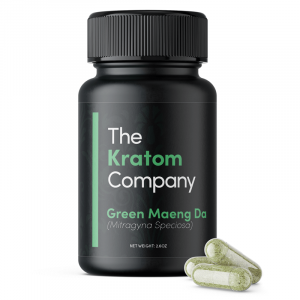 From $24.00Select options This product has multiple variants. The options may be chosen on the product page
From $24.00Select options This product has multiple variants. The options may be chosen on the product page -
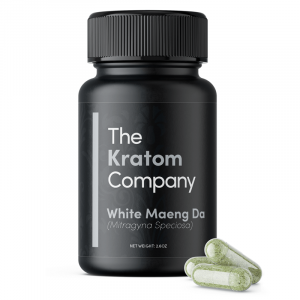 From $24.00Select options This product has multiple variants. The options may be chosen on the product page
From $24.00Select options This product has multiple variants. The options may be chosen on the product page
Explore More Posts
Product Search
Featured Products
-
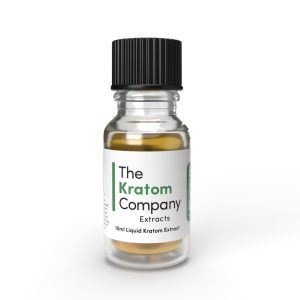 Pure Kratom Liquid Extract
Rated 4.72 out of 5From $20.00
Pure Kratom Liquid Extract
Rated 4.72 out of 5From $20.00 -
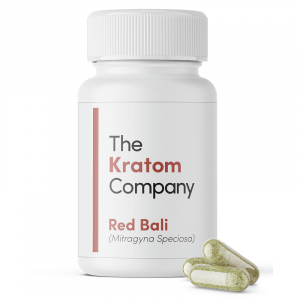 Red Vein Bali Kratom Capsules
Rated 4.70 out of 5From $24.00
Red Vein Bali Kratom Capsules
Rated 4.70 out of 5From $24.00 -
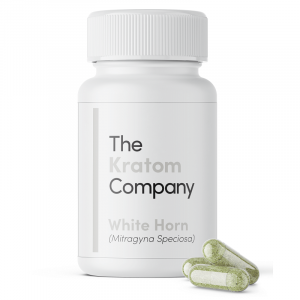 White Horn Kratom Capsules
Rated 4.88 out of 5From $24.00
White Horn Kratom Capsules
Rated 4.88 out of 5From $24.00
Recent Blogs
Follow Us
Strains
Blogs
NEWSLETTER
Sign up for our newsletter!

These statements and products presented on this website have not been evaluated by the Food and Drug Administration FDA. The products mentioned on this website are not intended to diagnose, prevent, treat or cure any diseases or health conditions. Therefore any information on this website is presented solely as the opinions of their respective authors who do not claim in any way shape or form to be medical professionals providing medical advice. The KRTM Company and its owners or employees cannot be held responsible for, and will not be liable for the inaccuracy or application of any information whatsoever herein provided. By purchasing our products you agree that you are aware and in compliance with your local county, state, or federal regulations. Must be 21 years or older to purchase Kratom. The US FDA has not approved kratom as a dietary supplement. We do not ship to the following states, cities and counties in the US where Kratom is banned: Alabama, Arkansas, Indiana, Rhode Island, Vermont, Wisconsin, Sarasota County, FL, Union County, MS, Denver, CO, San Diego, CA, and Jerseyville, IL.

